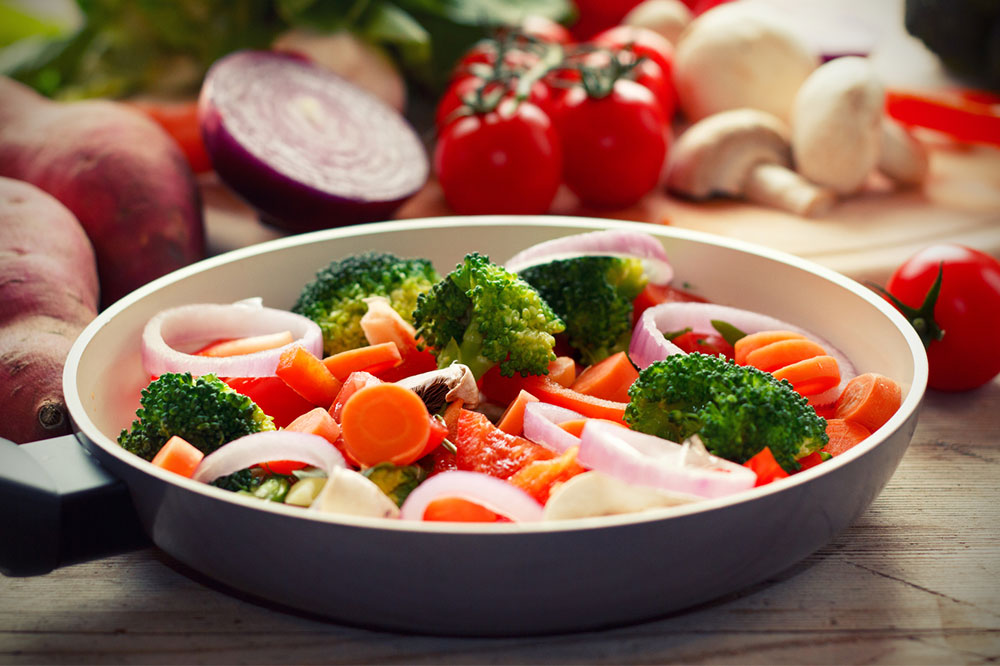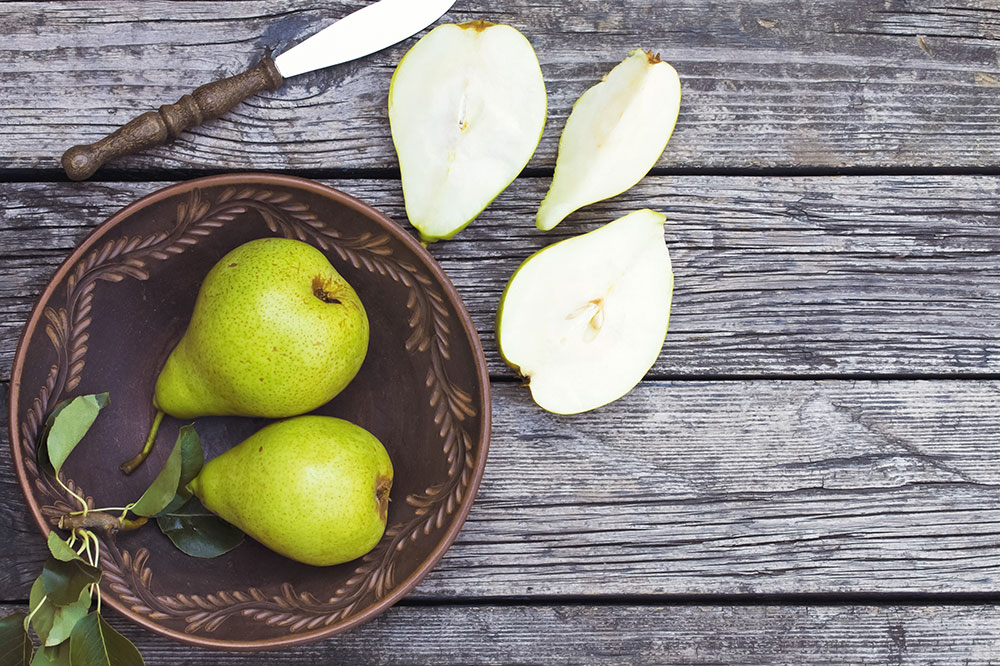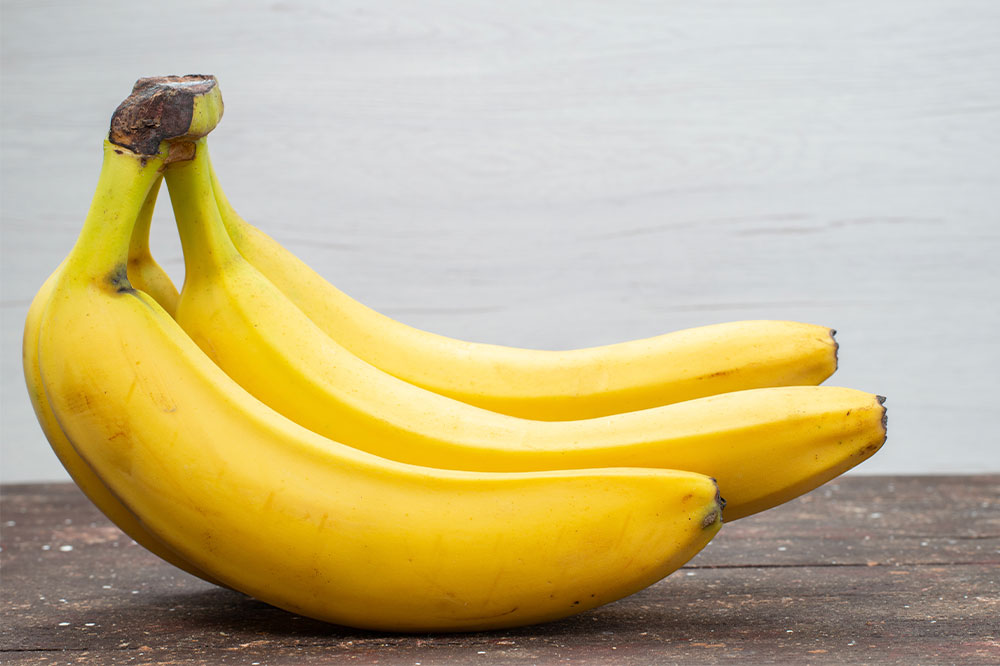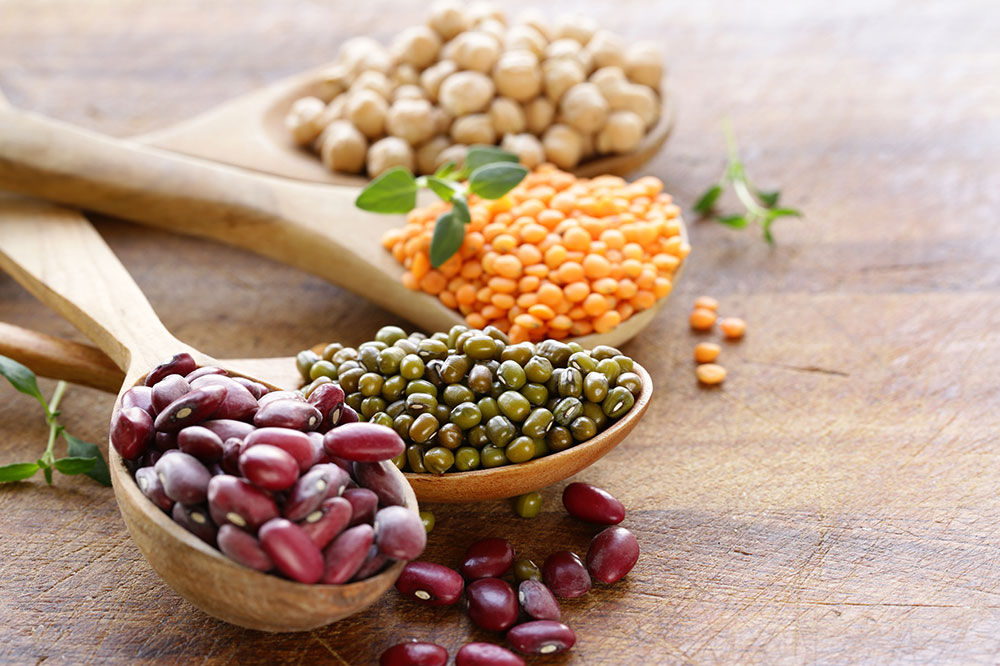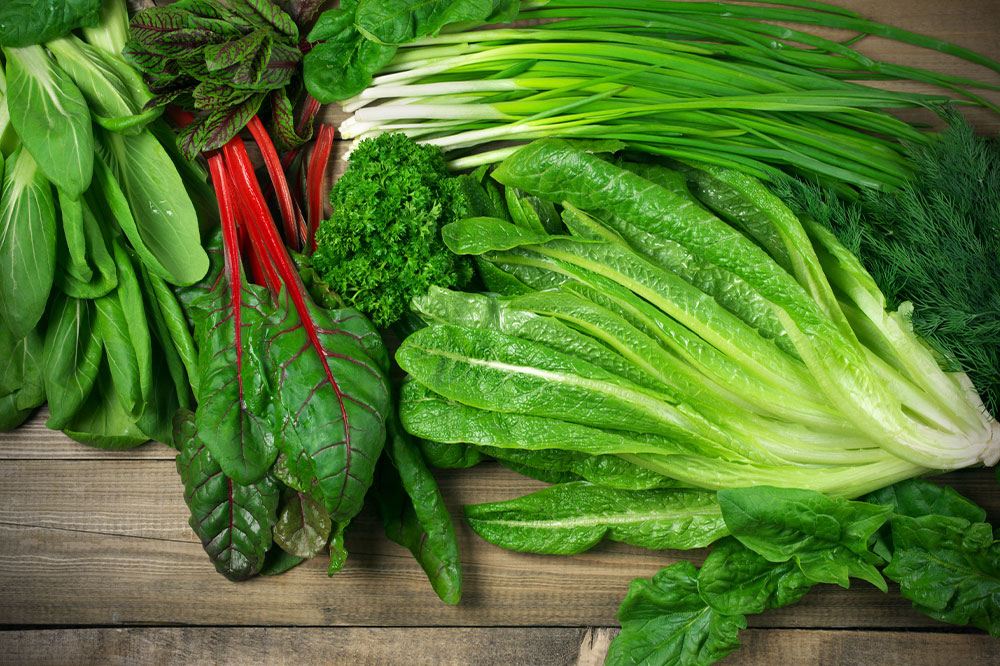Supporting Bladder Wellness: Diet Tips and Management Products for Incontinence
This article explores dietary strategies and products to support bladder health and manage incontinence. It highlights foods rich in vitamin C, magnesium, and fiber, and advises avoiding alcohol and caffeine. The piece also discusses various incontinence management products, including pads, underwear, pessaries, and clamps. Combining healthy habits with medical treatments can help improve quality of life for those experiencing bladder issues.
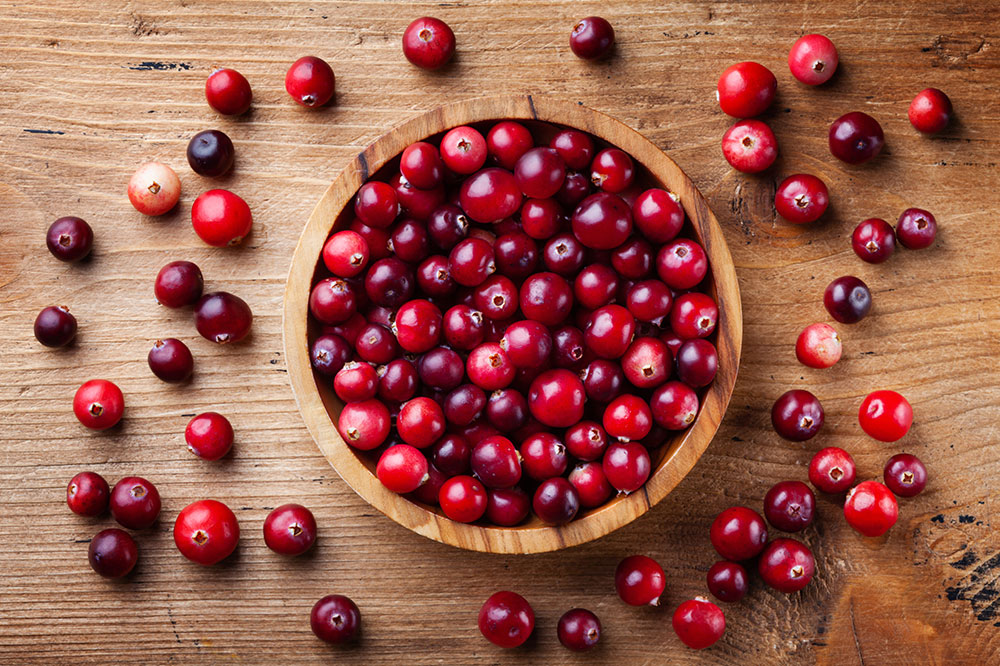
Supporting Bladder Wellness: Diet Tips and Management Products for Incontinence
Bladder incontinence refers to the difficulty in controlling urine flow, a condition that can significantly impact emotional well-being and daily activities. Thankfully, certain foods and products can assist in alleviating symptoms. Let's explore effective dietary choices and management options to support bladder health.
Foods to Include
Vitamin C Sources
Research from the National Association for Continence indicates that consuming moderate amounts of vitamin C from low-acid foods helps maintain bladder health. Opt for fruits and vegetables like pears, blueberries, broccoli, Brussels sprouts, or potatoes instead of citrus and highly acidic produce, which may increase bathroom frequency.
Magnesium-Rich Foods
Foods such as bananas, leafy greens, quinoa, beans, nuts, and avocados are high in magnesium. Magnesium helps relax bladder muscles and reduce spasms that can lead to urgency, thus aiding in managing overactive bladder symptoms.
Hydration
Staying properly hydrated is crucial, especially when avoiding caffeinated drinks. Water is the best choice; drink it in small sips rather than large gulps to prevent dehydration and urinary tract issues.
High-Fiber Foods
To avoid constipation-induced bladder pressure, incorporate fiber-rich foods like whole grains, rice, pasta, oats, quinoa, and colorful vegetables into your diet. This promotes regularity and reduces strain on the bladder.
Foods and Beverages to Limit or Avoid
Alcohol
Alcohol acts as a diuretic, increasing urine production and frequency of bathroom visits. It can also dehydrate the body, so it's advisable for those with bladder issues to limit or avoid alcohol, including beer.
Caffeine
Caffeinated beverages like coffee, tea, and sodas can irritate the bladder and promote urination. Reducing intake can help manage symptoms more effectively.
Products for Managing Incontinence
Absorbent Pads
Disposable pads with adhesive strips absorb urine and keep skin dry while controlling odor. Suitable for both men and women, they are a convenient option for daily use.
Incontinence Underwear and Briefs
These reusable underwear come with waterproof linings and absorbent panels that trap urine, designed for day or night wear. They help prevent leaks and odors, maintaining comfort and hygiene.
Pelvic Devices
Pessaries are inserted into the vagina to compress the urethra and prevent leakage. Proper fitting and medical guidance are essential for effectiveness.
Penile Clamps
These devices gently squeeze the penis to limit urine flow, suitable for mild to moderate leakage but should only be used temporarily under medical supervision.
Consult a healthcare professional to identify the most appropriate management strategy based on individual needs. Medications like GEMTESA and MYRBETRIQ are also prescribed to control overactive bladder symptoms. These treatments, combined with healthy dietary habits, can significantly improve quality of life for those affected.

